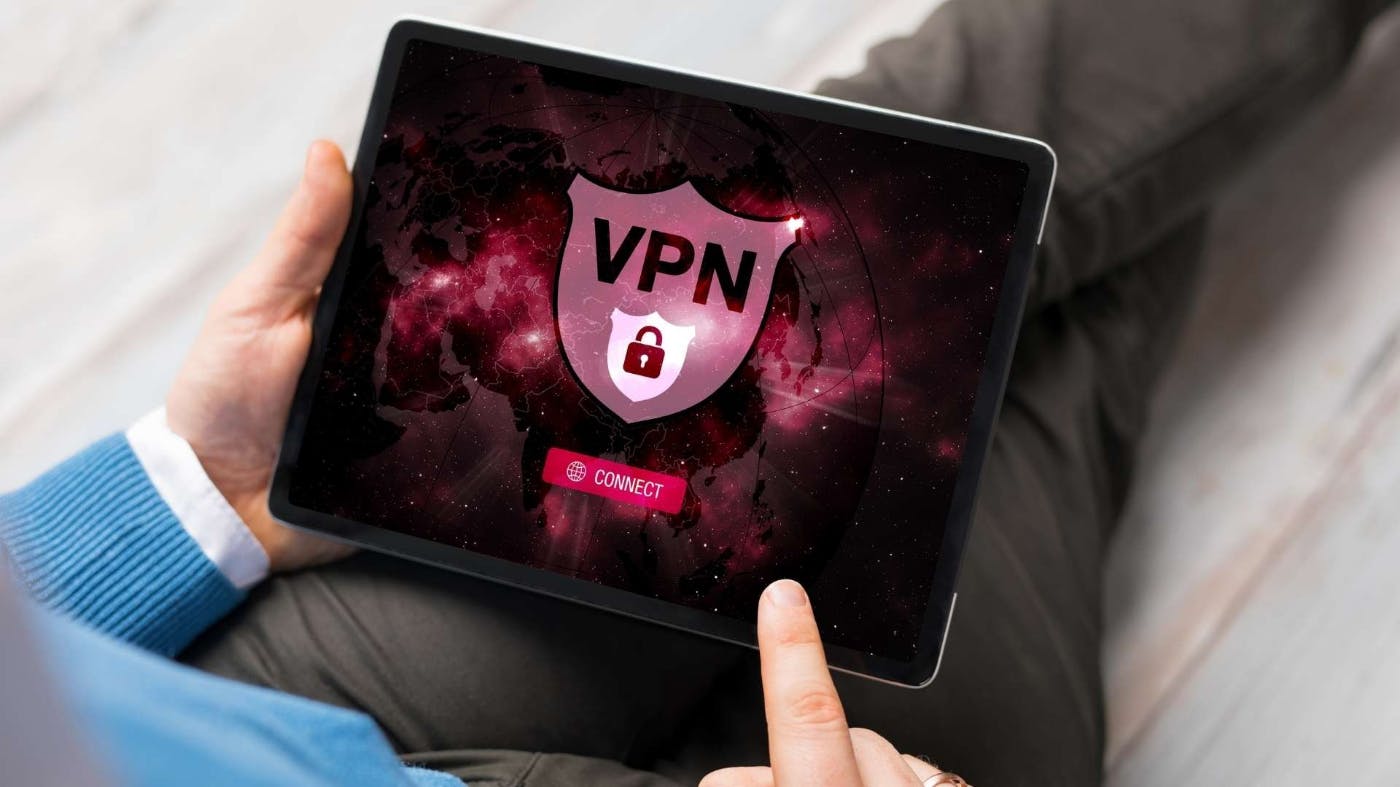829 reads
Are VPNs Legal in Your Country? Well.. It Depends
by
May 8th, 2024
Audio Presented by

Strike an intriguing balance between the realms of cybersecurity, storytelling, and classic rock.
Story's Credibility

About Author
Strike an intriguing balance between the realms of cybersecurity, storytelling, and classic rock.
Comments
TOPICS
Related Stories
167 Stories To Learn About Vpn
Nov 17, 2023
167 Stories To Learn About Vpn
Nov 17, 2023
